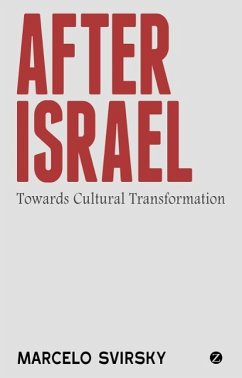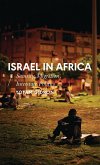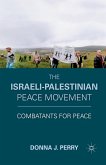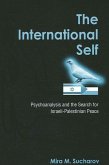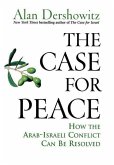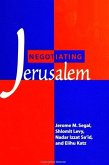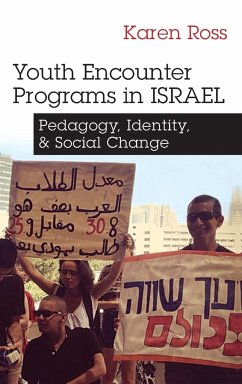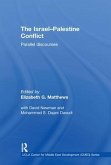In this unique new contribution, Marcelo Svirsky asserts that no political solution currently on offer can provide the cultural marrow necessary to effect a transformation of modes of being and ways of life in the State of Israel. Controversially, Svirsky argues that the Zionist political project cannot be fixed - it is one that negatively affects the lives of its beneficiaries as well as of its victims. Instead, the book aims to generate a reflective attitude, allowing Jewish-Israelis to explore how they may divest themselves of Zionist identities by engaging with dissident rationalities, practices and institutions. Ultimately, the production of military hardware and technology that helps Israel control the lives of Palestinians, of separate policies, laws and spaces for Jews and Palestinians, are all linked with the production of Zionist subjectivities and modes of being. Overcoming these modes of being is to after Israel.
